Donald Trump’s move to force a sale of TikTok’s US operations puzzles analysts
- Beside questions of legality, the US president’s order that a sale must occur by mid-September is more likely to lead to chaos than resolution, they say
- Microsoft is in talks with ByteDance but ‘I just don't see that they are going to be able to pull this off,’ one lawyer says
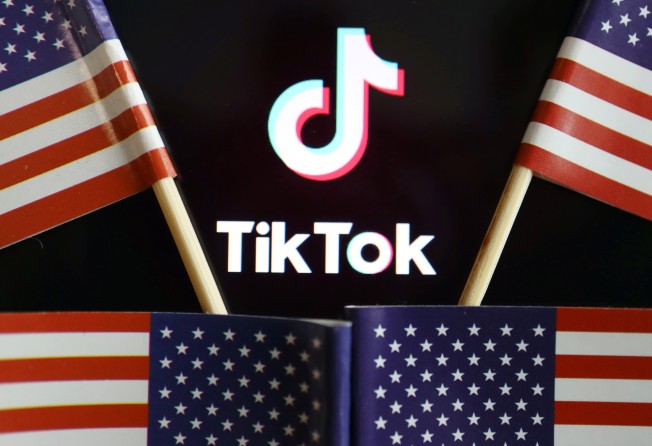
A possible ban on TikTok, the popular video-sharing app owned by the Chinese tech conglomerate ByteDance, showcased the determination of US President Donald Trump’s administration to root out national security threats it says China poses.
But brokers and policy analysts say that Trump’s executive order fell short of clarifying how the app threatens American security and that to force a sale of TikTok’s US operations within 45 days is more likely to lead to chaos than to a resolution.
“A regular deal takes about five to six months,” said Chris Griner, who focuses on national security issues for merger deals at the law firm Stroock & Stroock & Lavan. “Now you've also got to throw in the government and make sure they're happy with the transaction.”
Microsoft is said to be bidding for TikTok’s US, Canada, Australia and New Zealand operations at about US$30 billion. And 45 days is a tall order to complete a deal this massive.
“You could throw a bunch of lawyers into the dungeon and have them work for 45 days,” Griner said. “But still, you've got to negotiate with all parties.
“I just don't see that they are going to be able to pull this off without some kind of an interim solution,” he said, adding that putting TikTok assets into a trust before the deal completes might be one way to allay US government concerns about the company’s ownership in time.
“This is a giant fire sale. This is extraordinary.”
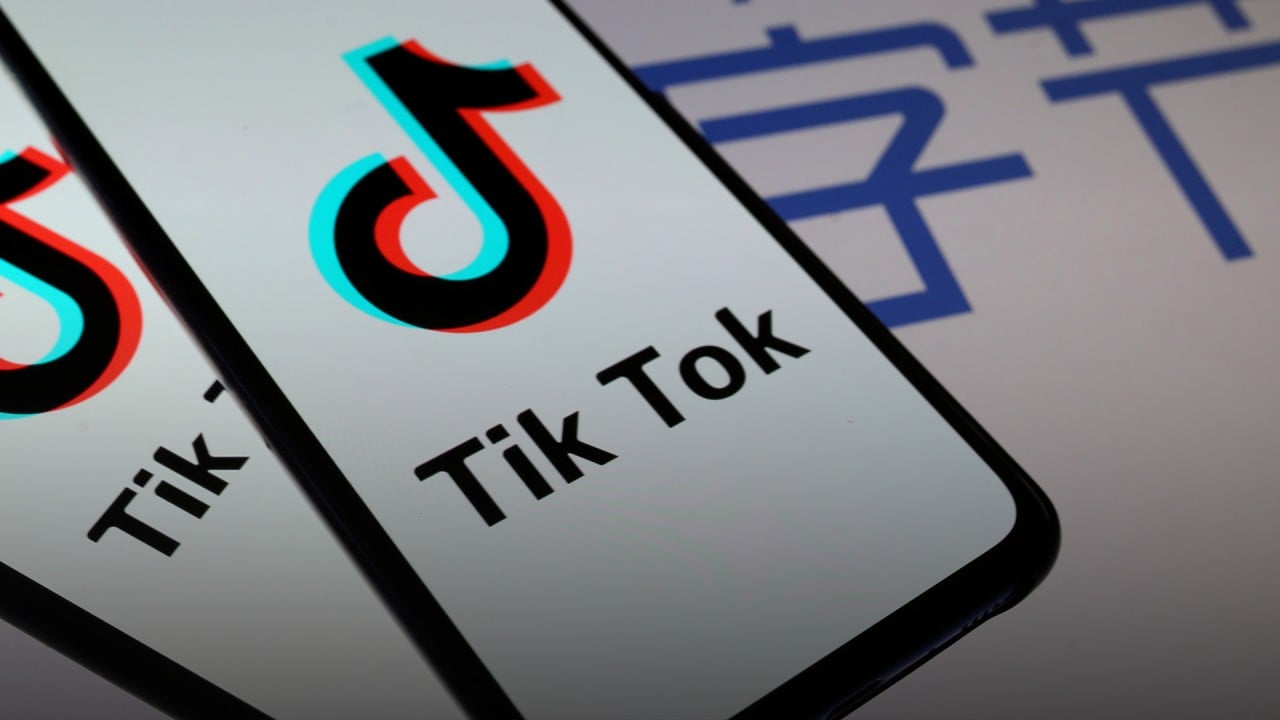
01:14
Trump gives Microsoft 45 days to buy TikTok from China’s Bytedance
Data theft and cybersecurity problems sponsored by foreign nations are real issues, and some of the government measures against Chinese tech companies make sense, said James Lewis of the Centre for Strategic and International Studies in Washington, where he directs the technology and public policy programme.
For example, “calling on US companies to avoid Chinese cloud service providers or undersea cable companies make[s] sense,” because they “are well-known avenues for spying,” Lewis said.
“Others, like the confusing ban on apps, only show the administration is still wrestling with how to deal with the new digital economy and are symbolic more of American displeasure than actual restrictions.”
In TikTok’s case, Trump’s advisers were at odds with each other on how much of a national security threat TikTok presents and how the app, which has more than 100 million American users, should be handled.
During a meeting at the Oval Office last week before the executive order was issued, according to The Washington Post, Treasury Secretary Steven Mnuchin argued that TikTok should be sold to a US company, while Trump’s top trade adviser Peter Navarro demanded an outright ban. The infighting eventually deteriorated into a “shouting match”, the report said.
The Trump administration’s confrontations with China, triggered first by the trade deficit, have blossomed beyond trade to politics, markets, human rights, among other issues.
Since Beijing instituted the new national security law for Hong Kong on June 30, Trump has doubled down against China and its ruling Communist Party: sanctioning Chinese officials over suppressing the freedom of Hong Kong; forbidding US entry to individuals found to have been involved in human rights abuses in Xinjiang; closing China’s consulate in Houston, sending a high-level administration official to Taiwan.
At front and centre is a tech war that continues to escalate.
The move on TikTok is an advance of the tensions that started with government actions against Huawei Technologies, the Chinese tech giant that leads in next-generation 5G connectivity technology.
On national security grounds, the US has moved to bar Huawei from doing business in the US and excluded Chinese technologies in the country’s 5G infrastructure. Britain, Canada and Australia are among countries that have adopted similar restrictions after months of coaxing by the US.
But the TikTok move was a head scratcher.
“Some of the Trump administration policies are actually trying to address real problems, like cyber-enabled theft of intellectual properties,” Daniel Russel, a diplomacy expert at the Asia Society Policy Institute, said during a panel discussion Tuesday about the national security law’s impact on US-China relations hosted by the South China Morning Post.
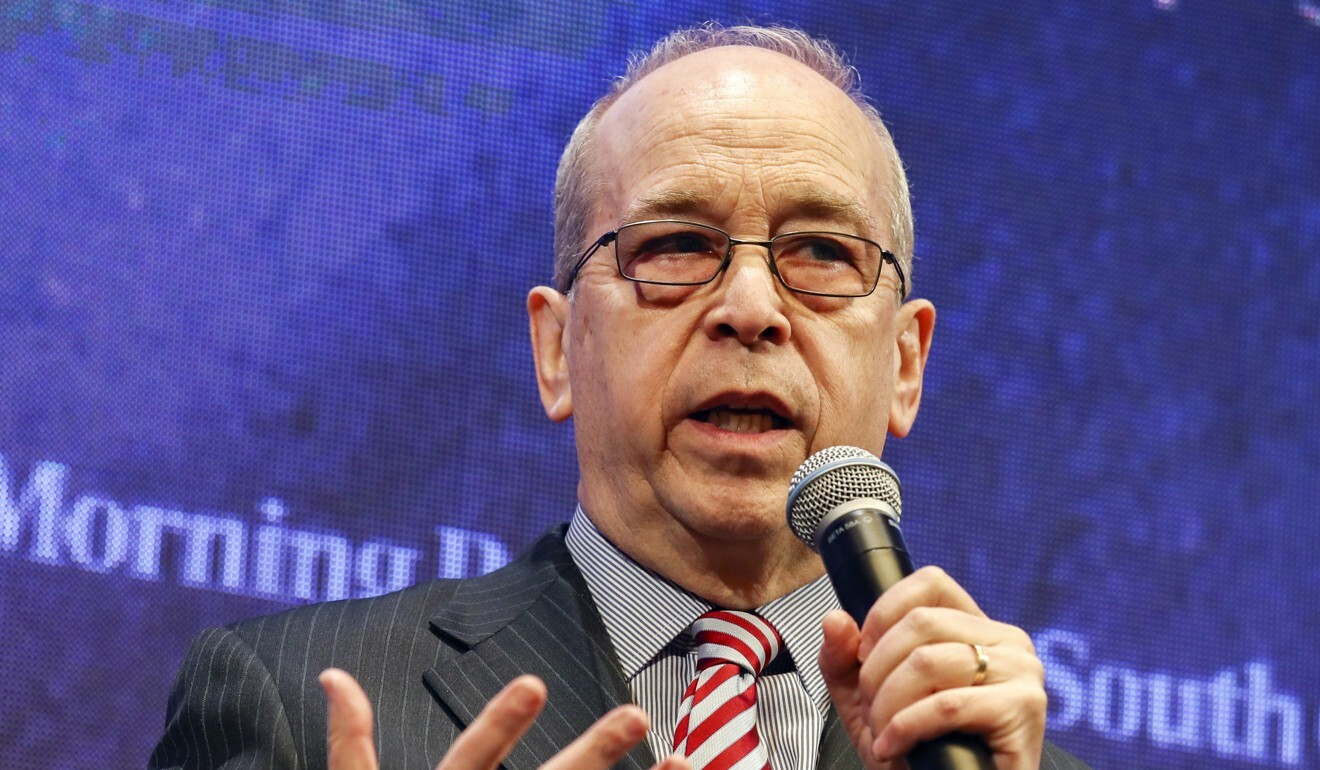
“But in many, if not most, of the cases, the measures by the Trump team really don’t do anything to solve the problem. In some cases, they are making things worse,” Russel added.
For one thing, the administration has not clearly explained the threat TikTok poses to US national security.
Craig Allen, head of the US-China Business Council, which promotes trade with China, called on the Trump administration to share what it knows.
“Right now, the evidence has been presented in very vague terms, without any level of granularity that would give one comfort that rule of law and due process has been fully given to foreign companies operating in the US market,” Allen said.
Asked on Wednesday whether the US is fearful of what TikTok can employ the personal data of its users for or even if there is evidence that such information is being stockpiled, John Demers, the assistant attorney general for national security, went little beyond the language of the executive order.
“It’s certainly what TikTok can do. If not TikTok, we are worried about the Chinese government’s access to the data,” said Demers at a discussion at the Centre for Strategic and International Studies. “Beyond that, to what we know, I’m not going to get into that.”
Analysts note that It’s not even clear that Trump has the legal authority to ban an app outright.
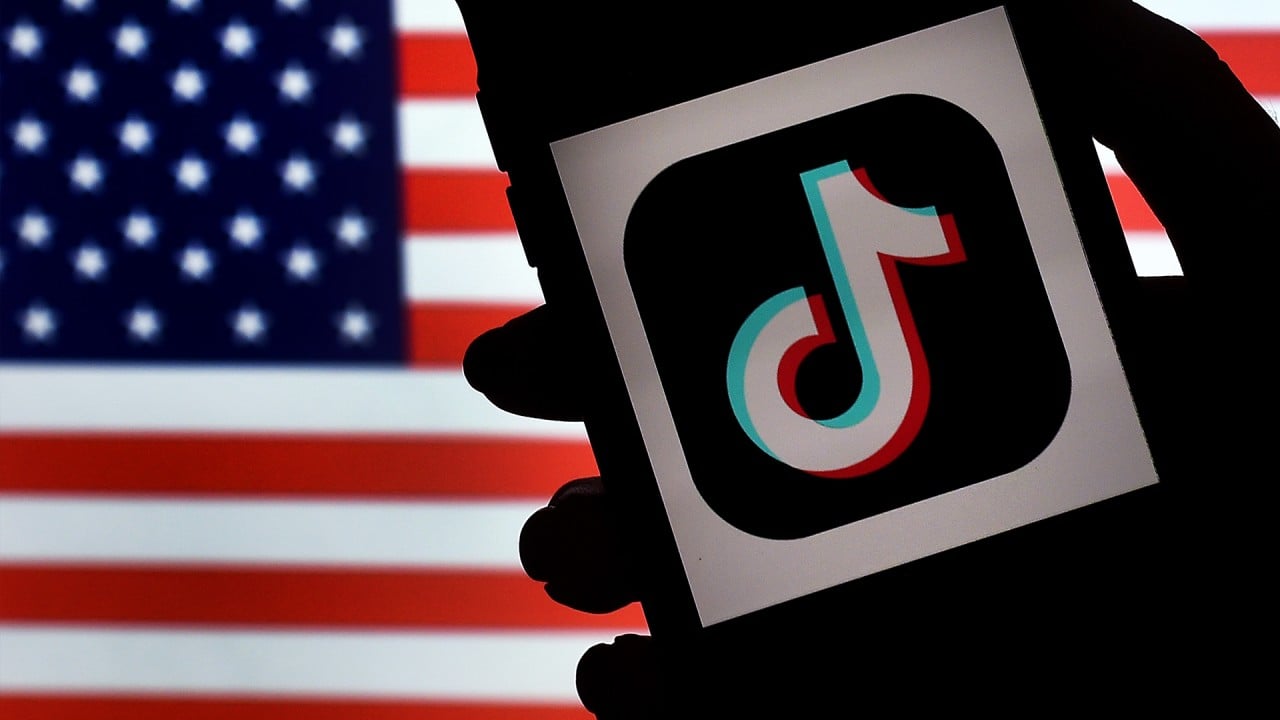
03:07
Stop offering ‘untrusted’ Chinese apps like TikTok and WeChat, Washington urges US tech companies
Lewis said that the executive order “presents an interesting regulatory problem – how do national rules catch a foreign-sourced, globally available app”.
“The administration’s solution – banning the user agreement that is part of any download – could be challenged in court and companies might be able to find a workaround,” he said.
Asked for comment, a TikTok spokesperson referred to a Monday newsletter produced by the company – sent to hundreds of congressional staff on Capitol Hill – that argued that “the consequences of the recent executive order go far beyond TikTok”.
“They present a direct threat to free expression. And they reverse long-standing policies that have led to decades of American economic growth, innovation, and investment,” Michael Beckerman, head of public policy at TikTok, wrote.
TikTok has threatened to take legal action against Trump’s executive order; that federal lawsuit could come soon.
Trump’s order officially started the purchase clock for Microsoft, which confirmed it is in talks to acquire TikTok’s US operations, among other international assets.
Dan Ives, a tech analyst at brokerage firm Wedbush in New York, said that it seems as though “ByteDance has its back against the wall with Microsoft looking like the only white knight around”.
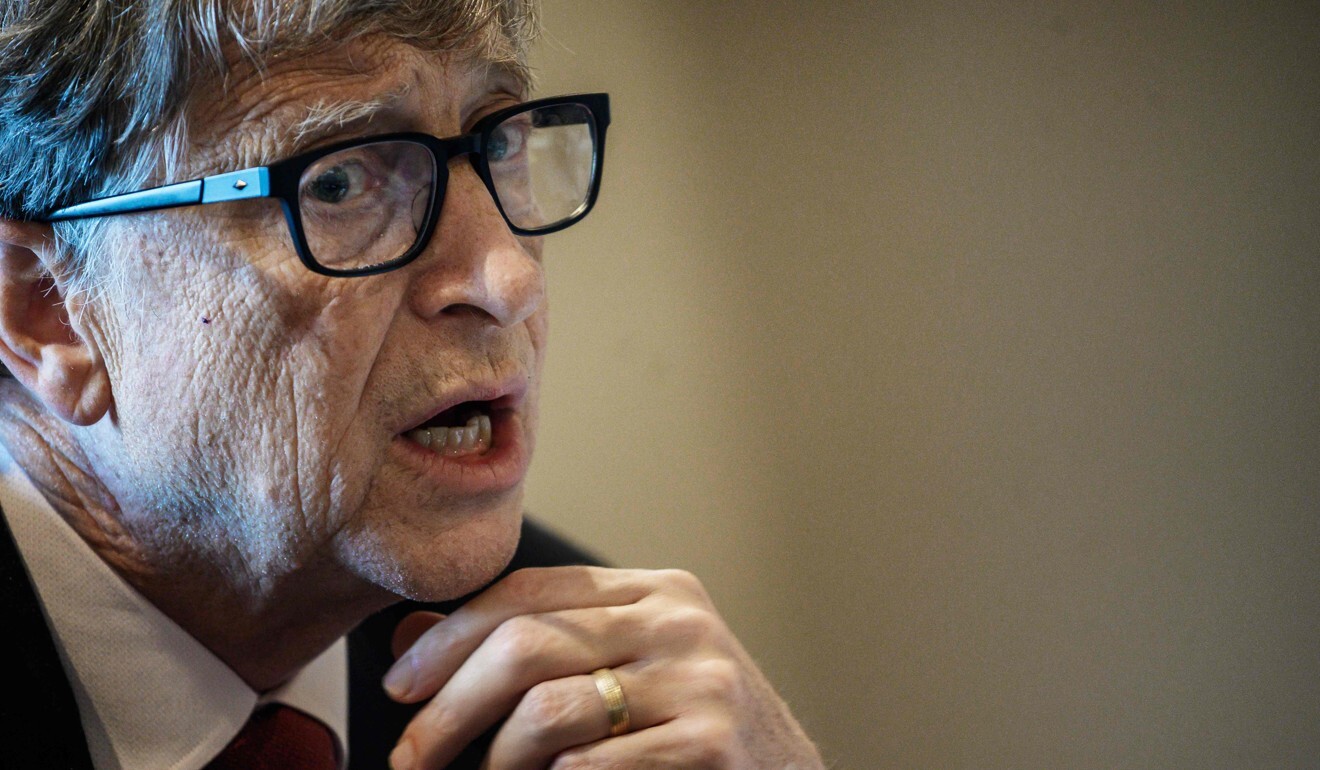
Ives suggested there was a strong possibility that a sale to Microsoft would get done given “the green light already by the White House for a deal and a potential coup to get this prized asset”.
However, he said, “deal negotiations will be complex with a number of technology and data privacy issues that need to be worked out” – especially the “national security concerns to be met between Chinese and US data”.
Microsoft itself was less optimistic.
Given the government involvement, Bill Gates, a Microsoft founder, told Wired this week, “it’s a poison chalice”.
“Who knows what’s going to happen with that deal?”
Additional reporting by Jacob Fromer